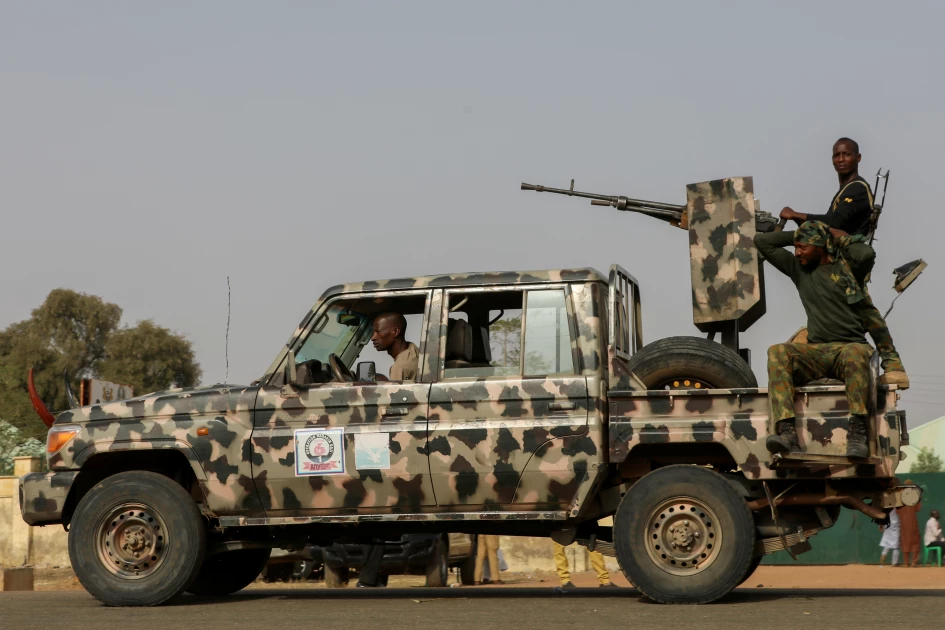Nigeria’s military has announced the killing of at least 35 jihadists in a series of targeted air strikes near the country’s northeastern border with Cameroon. In a statement released Sunday, the army said the strikes were carried out across four locations in a bid to thwart an imminent attack on ground troops.
The operation underscores Nigeria’s ongoing struggle against militant Islamist groups that have destabilized large parts of the northeast for more than a decade. Chief among them is Boko Haram and its splinter faction, the Islamic State West Africa Province (ISWAP), which continue to launch deadly assaults on both military and civilian targets.
Military officials said the Nigerian Air Force provided crucial air cover to ground forces engaged in dismantling insurgent strongholds in the region. “The coordinated strikes successfully neutralized the terrorists’ attempt to mount an offensive on our troops,” the statement read.
The announcement comes just a week after the army reported killing nearly 600 militants over the past eight months in the northeast, although there has been no independent verification of the claim.
Beyond the northeast insurgency, Nigeria faces mounting security challenges, including violent banditry in the northwest, inter-communal clashes in the Middle Belt, and widespread kidnappings for ransom across several states.
On Saturday, a group of prominent Nigerians—including former ministers, business leaders, and civil society activists—warned that some regions were experiencing “war-time levels of slaughter” despite the country being formally at peace. They cited a May report by Amnesty International which estimated that at least 10,217 people have been killed since President Bola Tinubu assumed office two years ago.
The group called for the establishment of a Presidential Task Force with sweeping powers to address the overlapping crises. “Nigeria cannot afford to normalize the scale of killings and violence witnessed in recent years,” the statement noted.
As the military intensifies its campaign against jihadist groups, analysts caution that air strikes alone may not be enough. Sustained security reforms, stronger community engagement, and regional cooperation with neighbors like Cameroon, Chad, and Niger remain critical in weakening the militants’ influence.
For now, the Nigerian Air Force has vowed to continue its operations, pledging that troops on the ground will receive “relentless support until all terrorist enclaves are dismantled.”

